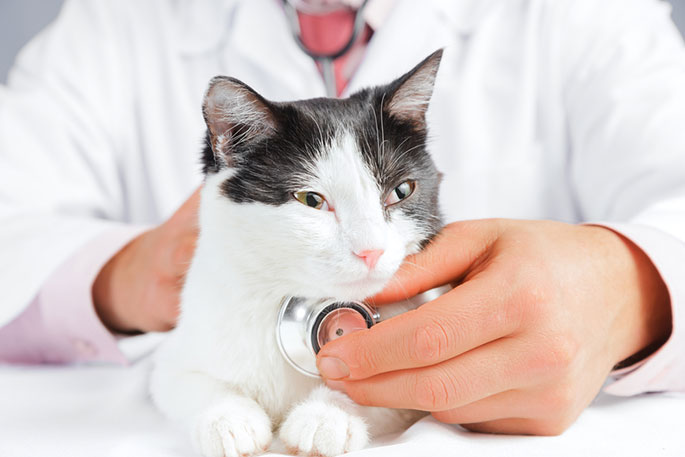
Asthma isn’t just a condition that affects humans; our feline friends can suffer from it too. Cat asthma, also known as feline asthma, is a chronic inflammatory condition of the airways that can cause significant distress to your pet. Understanding the symptoms, prevention methods, and treatment options is crucial for ensuring your cat leads a healthy and comfortable life. Here’s a comprehensive guide on cat asthma.
Symptoms of Cat Asthma
Recognizing the symptoms of asthma in cats is the first step toward managing the condition. Here are some common signs to watch out for:
- Coughing and Wheezing: Unlike the occasional hairball cough, an asthmatic cough is persistent and may be accompanied by wheezing sounds.
- Labored Breathing: Difficulty breathing, characterized by rapid or shallow breaths, open-mouth breathing, or visible effort in breathing.
- Bluish Gums and Tongue: This indicates a lack of oxygen and requires immediate veterinary attention.
- Fatigue and Lethargy: Asthma can cause your cat to become unusually tired or unwilling to engage in physical activity.
- Hunched Posture: During an asthma attack, cats often hunch their bodies and extend their necks in an effort to breathe more easily.
- Loss of Appetite: Difficulty breathing and overall discomfort may lead to a reduced appetite.
Causes and Triggers
Understanding what triggers asthma in cats can help in managing and preventing attacks. Common triggers include:
- Allergens: Dust mites, pollen, mold, and cigarette smoke can provoke asthma attacks.
- Air Pollution: Indoor pollutants like scented candles, cleaning products, and air fresheners can irritate your cat’s airways.
- Obesity: Overweight cats are more prone to respiratory problems, including asthma.
- Stress: Emotional stress or anxiety can trigger or exacerbate asthma symptoms.
- Infections: Respiratory infections can worsen asthma or mimic its symptoms.
Prevention of Cat Asthma
While you may not be able to completely prevent asthma, there are steps you can take to minimize the risk and frequency of attacks:
- Maintain a Clean Environment: Regularly vacuum and dust your home to reduce the presence of allergens.
- Use Air Purifiers: High-quality air purifiers can help remove airborne particles that may trigger asthma.
- Avoid Smoke Exposure: Keep your cat away from cigarette smoke, incense, and other forms of smoke.
- Choose Hypoallergenic Products: Use unscented and hypoallergenic cleaning products, litter, and bedding materials.
- Healthy Diet and Exercise: Ensure your cat maintains a healthy weight through a balanced diet and regular exercise.
Treatment and Management
While there is no cure for cat asthma, it can be managed effectively with proper veterinary care and home management strategies.
- Medications:
- Corticosteroids: These anti-inflammatory drugs reduce airway inflammation and are commonly prescribed for long-term management.
- Bronchodilators: These medications help open up the airways, making it easier for your cat to breathe during an asthma attack.
- Inhalers: Specially designed inhalers for cats can deliver medication directly to the lungs, providing quick relief.
- Regular Veterinary Visits: Routine check-ups allow your vet to monitor your cat’s condition and adjust treatment plans as necessary.
- Emergency Plan: Work with your vet to develop an emergency plan for asthma attacks, including when to administer medication and when to seek immediate veterinary care.
- Monitor and Record: Keep a diary of your cat’s symptoms, triggers, and responses to treatment. This can help you and your vet manage the condition more effectively.
Conclusion
Cat asthma is a manageable condition with the right approach. By recognizing the symptoms early, understanding the triggers, and following a comprehensive treatment plan, you can significantly improve your cat’s quality of life. Always consult with your veterinarian for the best course of action tailored to your cat’s specific needs. With diligent care and attention, your feline friend can lead a happy, healthy life despite their asthma.



